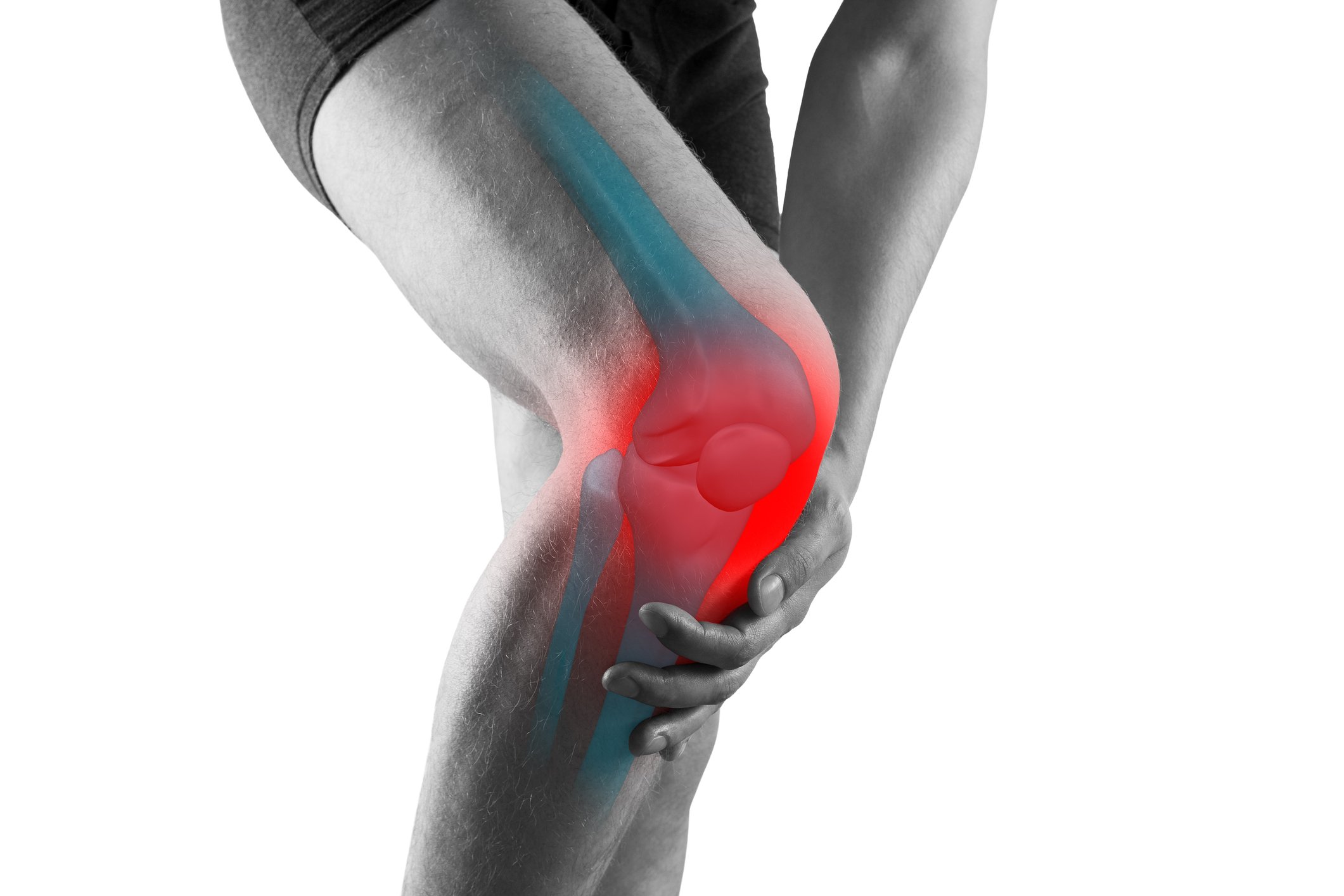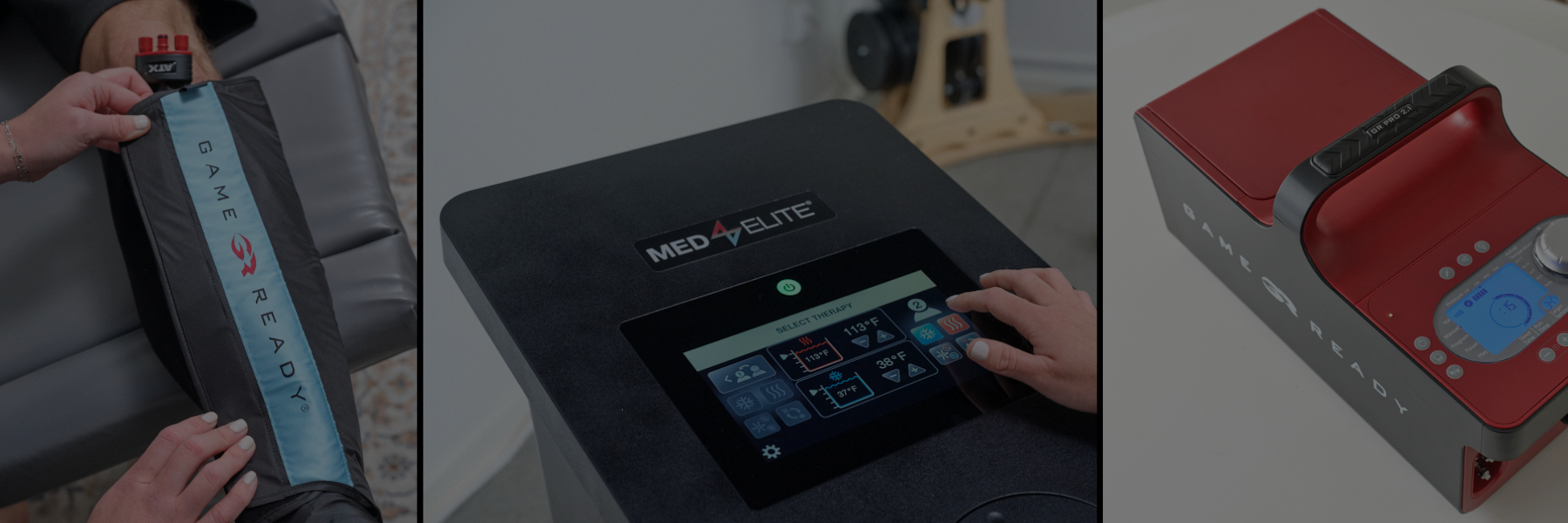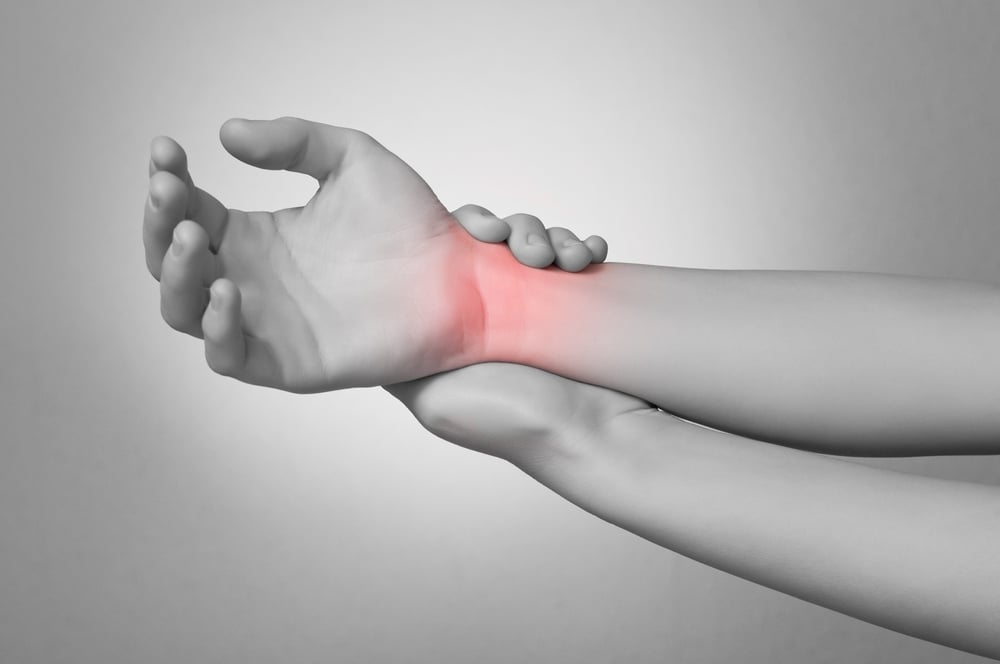Back pain: It can strike suddenly or sneak up on you after a long period of wear and tear. Considering it’s the second most common health complaint doctors hear after headaches, back problems are likely to happen to you sometime during your life. (1)
Game Ready

Recent Posts
Get Up, Stand Up: Average Recovery Time for a Pulled Back Muscle
Highway to Well: 5 Ways to Speed Up Recovery from ACL Surgery
Well Ain’t a Bad Place to Be. That being said, recovering from an injury takes time. Injuries to the anterior cruciate ligament (ACL) in the knee are rarely simple and frequently require surgery. Sadly, there’s no magic cure that will get you up and walking the day after ACL repair. Still, there are plenty of ways to support your body (and mind) on the Rock ‘N Roll Train to recovery.
Here are five tips that may help power up your post-op recovery.
Just Try to Slow Him Down
Interview with a Longtime Fan
Stairway to Healing: How Long Does it Take to Recover from Wrist Surgery?
Whether you enjoy extreme sports (misty mountain hopping, anyone?) or just golfing the fairway to heaven, wrist injuries happen. Some of them, like fractures (a.k.a. a broken bone) might require surgery. If you do need surgery, proper recovery is important so you can Ramble On with your favorite activities.
Read More >Get Back (To Where Your Back Is Strong), or What is the Average Pulled Back Muscle Recovery Time?
If you’ve ever hoisted a squirming toddler or forgotten your form during a deadlift, I’ve got a feeling you know what it’s like to pull a back muscle. What we call a “pulled” muscle in the back actually refers to one of two different injuries:
- A sprain (with a “P”) means the ligaments that hold bones together are torn or stretched. (1)
- A strain (with a “T”) means the muscles themselves are stretched or torn. (1)
Not Running Up That Hill: ACL Rehab Do's and Don’ts
So you’ve messed up your ACL.
A painful injury, for sure, but at least you’re not alone. Every year, nearly a quarter of a million people in the U.S. and Canada injure their ACL (full name anterior cruciate ligament—try saying that after a couple of beers). Let’s take a look at why these types of injuries happen and some ACL rehab exercises to help you through recovery.
Read More >What is a Typical Shoulder Surgery Recovery Timeline?
Your shoulder is a complicated joint that can move in multiple directions. Because of this, it performs in almost all of your typical daily activities, including reaching for food on shelves, brushing your teeth, and getting dressed.
Read More >SUBSCRIBE VIA EMAIL
POPULAR ARTICLES
RECENT ARTICLES
POSTS BY TOPIC
- injury (3)
- ACL (2)
- Sprain (2)
- athletes (2)
- back injury (2)
- pulled back muscle (2)
- testimonial (2)
- ACL injuries (1)
- Chip Ganassi (1)
- GRPro (1)
- Groin (1)
- Wrist recovery (1)
- acl surgery recovery (1)
- ankle injuries (1)
- back pain (1)
- cold and compression therapy (1)
- compression (1)
- cryotherapy (1)
- hip (1)
- injury recovery (1)
- lymphatic flow (1)
- pain (1)
- pain medication (1)
- pain relief (1)
- post-op edema (1)
- post-surgery pain (1)
- reduce swelling (1)
- shoulder surgery (1)
- spinal cord injury recovery (1)
- sports injury (1)
- strains (1)
- stretches (1)
- surgery (1)
- surgery recovery (1)
- swelling (1)
- tissue healing (1)










